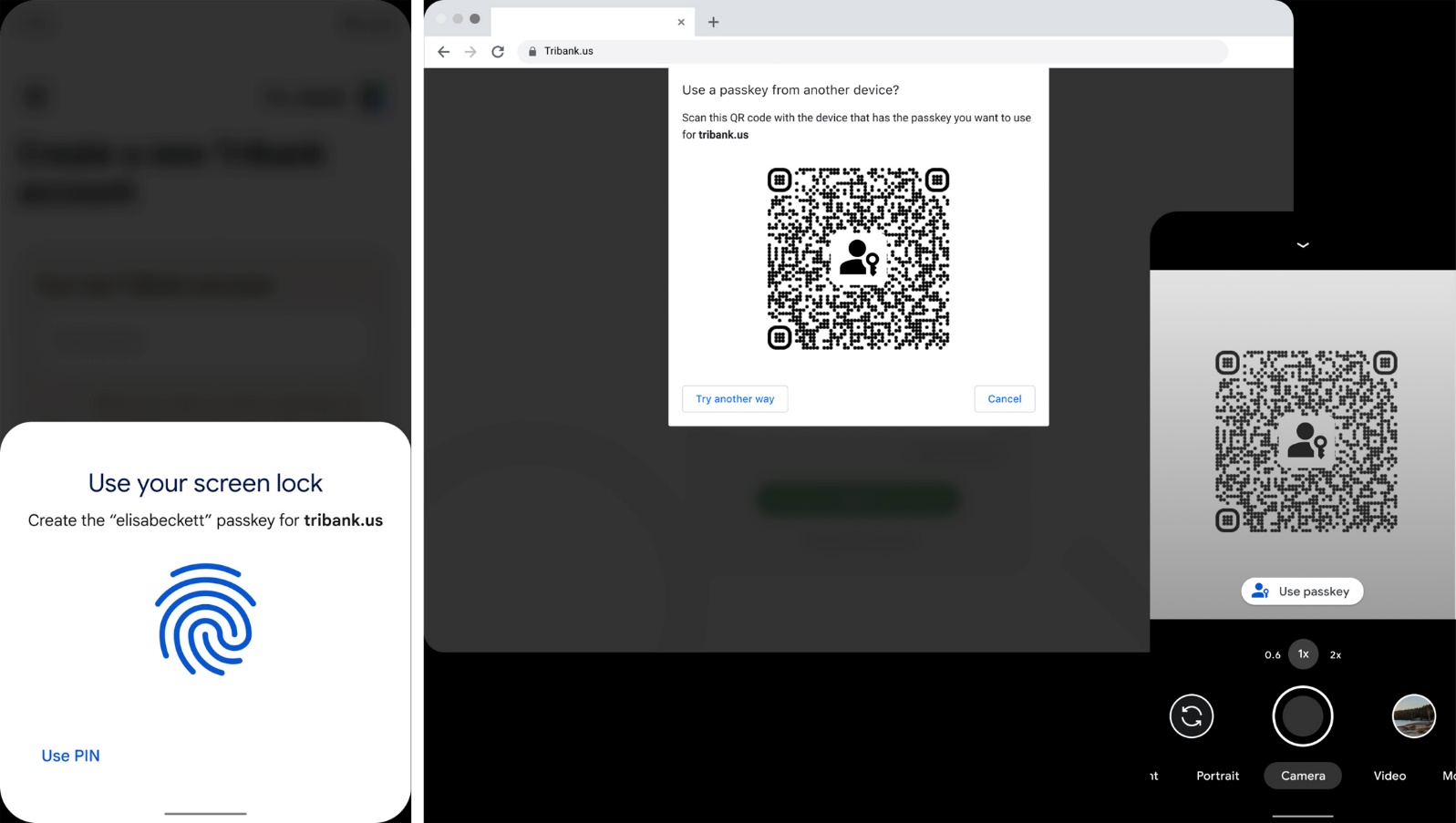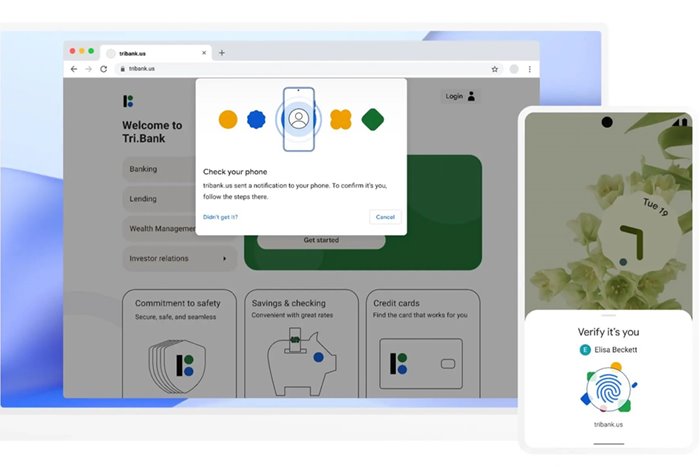The Passkey Feature For Fast And Safe Login To The Account Was Added To Android As A Test
Google Has Made Passkey Available To Android Users As An Alternative To Passwords.
Google is trying to add Passkey support to the Android operating system, although it is impossible to use this method widely. Pass-keys have been available to Google Play Services Beta and Chrome Canary users on a trial basis since yesterday, and it will be possible to use them publicly before the end of this year. Passkeys were previously available for Apple users in iOS 16 and macOS Ventura.
As Digital Trends writes, passkeys are designed to replace passwords. In normal mode, the user should consider an alphabetic combination as the password of his user account; however, in the Passkey method, the device is used to enter the user account.

Using a fingerprint sensor, facial recognition system, or even a PIN code, any operating system that supports the passkey feature will use your device to generate a private key. This private key then communicates with the service’s public key in question. Combining these two private and public keys leads to the generation of the passkey.
If the user wishes, he can use the pass key along with the password. Password keys are stored in password management tools such as Google Password Manager and iCloud Keychain.
A person representing Google says passkeys are a much safer alternative to passwords because they eliminate the possibility of a phishing attack. Passkeys cannot be reused; these keys are not disclosed in the information breach of the servers and are generally very secure.
Passkeys can be used for websites and applications. Google says the passkeys are created based on industry standards and work across different operating systems and browsers. Google also says that using the passkey is very simple and speeds up logging into the user account.
Currently, Android passkeys are only compatible with web apps. Such a feature is also helpful because if you have a passkey on your phone, you can use it when entering web applications through a computer. In the future, Google will also allow you to create passwords for everyday Android applications so that we can be one step closer to the “password-free future.”

